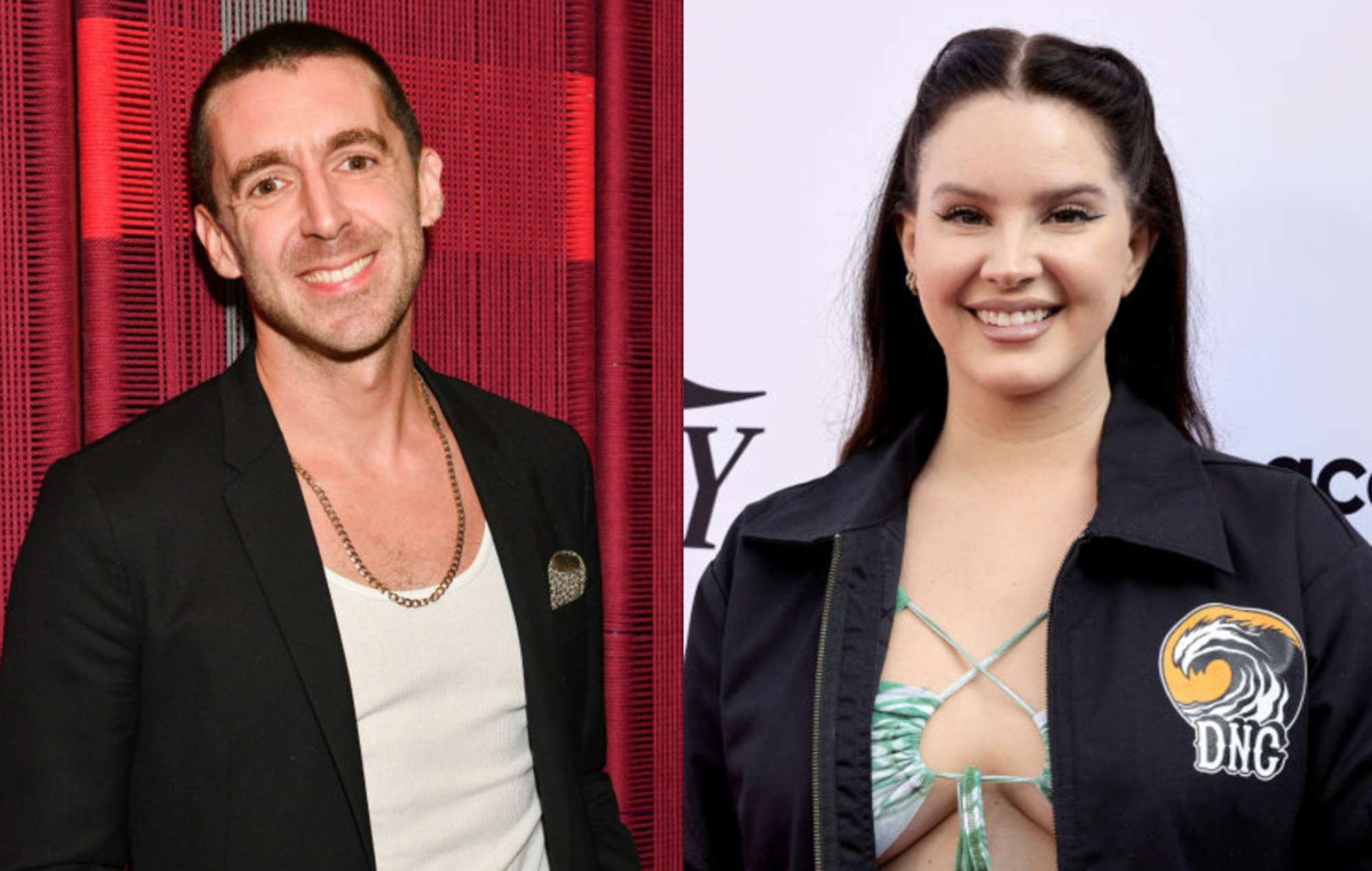NME | Music, Film, TV, Gaming & Pop Culture News

When an artist dies, you might be mistaken for thinking there’s a finite amount of content that can be produced from their story, especially when they die young. As the tragic deaths of many a star have proved, though, that isn’t always the case and their lives are retold over and over from any angle possible. For Selena Quintanilla, almost the opposite problem is true. Her rise from Mexican-American girl growing up in Texas to chart-topping Tejano singer has almost exclusively been told from the same perspective repeatedly – her family’s.
Selena: The Series comes, like the Jennifer Lopez-starring 1997 movie Selena, approved by her family, who are famously strict on how she is portrayed. It’s fair enough that they want to control their daughter and sister’s image and protect her legacy but, when everything we’re told about her is coming from the same viewpoint, things start to feel exploitative.

The new Netflix drama is split into two parts, with the second to arrive later down the line. The first – made up of nine episodes – goes back to the beginning of Selena’s story, when her father Abraham (played here by Ricardo Chavira) realises the then-eight-year-old has got a knack for singing. He assembles her brother AB and sister Suzette to form a family band in their garage, coaching Selena on how to fill her performance with emotions she’s too young to grasp.
The band are decent, but they don’t draw much attention compared to local Tejano bands and so Abraham decides they need to switch things up and sing in Spanish – a language Selena has little command over, despite her Mexican heritage. The episodes speed through her growth into a teen lead singer (AB and Suzette still back her along with other musicians as Los Dinos) and the group slogs around Texas and the southwest, Selena’s star slowly ascending as they go. In places, it feels rushed, like big chunks of the story have been skipped at random, while some episodes end abruptly as if producers have suddenly realised things are getting a bit long.
One difference between everything that’s come before and Selena: The Series is how the show focuses not just on its titular star, but delves into the family too. Abraham is the protective, controlling father who has big expectations of his kids and his own failed attempt at music to get closure for. Much as he governs his children, barring Selena from going to the movies with her friends, he dominates the series. AB (Gabriel Chavarria), the eldest sibling, is the musical mastermind who, later on, has to balance raising his own family with supporting his sister’s ever-growing fame. Suzette (Noemi Gonzalez) begins as a reluctant drummer in the family line-up, but quickly takes to her role and is integral as support for Selena, musically and otherwise. Only mother Marcella (Seidy Lopez) feels unexplored, always there in the background but never taking the focus for herself.
By part one’s end, Selena is a Billboard-topping artist with a legion of fans but increasing struggles – her father’s control over her life, her record label’s refusal to let her be herself or record an English-language album. But, in its nine episodes, it fails to cement who she really is or what made her so special, besides having a great voice. The Walking Dead’s Christian Serratos does her best to make her shine, brimming with passion and excitement, even at small things, but there’s little dimension to the material she has to work with.

How does Selena feel about becoming famous for making Tejano music when she only learned Spanish to get ahead in the industry? The only time the series comes close to discussing her Mexican-American heritage is late on, during a celebratory barbecue, when she thanks Abraham for helping her discover her Mexican side. Exploring her identity more could have given new layers to this familiar story, which promises to tell her story “from viewpoints we’ve never seen before” but does little to come good on this.
Perhaps when part two, which finished filming earlier this year, arrives, Selena’s tale will be rounded out with a fresh stance. If not, Selena: The Series will stand as a merely fine document of the Queen of Tejano music’s life and death – pleasant enough if you’re unfamiliar with her story, a frustrating rehash of older, better tellings if you are.
‘Selena: The Series’ is streaming now on Netflix
The post ‘Selena: The Series’ review: latin-pop biopic ignores the artist behind the music appeared first on NME | Music, Film, TV, Gaming & Pop Culture News.





